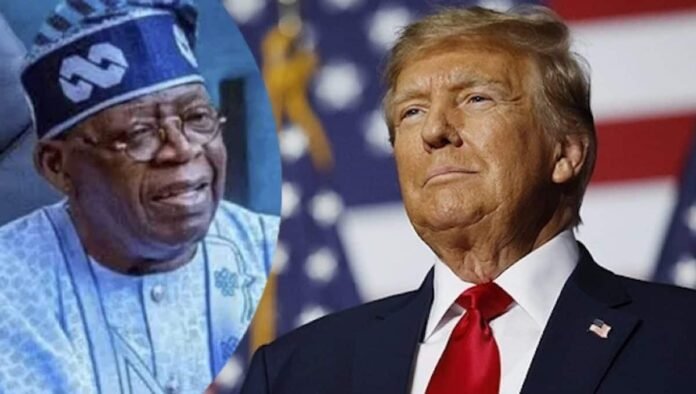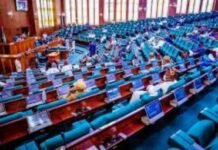Checkout Magazine has learnt that 12 northern governors, prominent traditional rulers, and senior judges are at the centre of a looming diplomatic storm.
This is as the United States Congress considers a bill that could impose far-reaching sanctions on them over alleged complicity in what American lawmakers describe as a “Christian genocide” and systemic persecution under Nigeria’s sharia and blasphemy laws.
This follows the designation of Nigeria as a Country of Particular Concern by President Donald Trump and his instruction to the Secretary of State, Marco Rubio, to act without delay.
On Friday, Trump, in a post on Truth, lamented that thousands of Christians were being killed in Nigeria and asked Congressman Riley Moore, together with Chairman Tom Cole and the House Appropriations Committee, to immediately look into the matter and report back to him.
The Nigeria Religious Freedom Accountability Act of 2025, sponsored by Republican Senator Ted Cruz, designates Nigeria as a “Country of Particular Concern” for religious persecution.
The bill proposes direct sanctions against public officials and religious authorities accused of promoting or tolerating violence against Christians and other religious minorities.
In December 2020, the US Department of State designated Nigeria as a Country of Particular Concern for the first time ever due to what it termed systematic, ongoing, and egregious violations of religious freedom, violent Boko Haram attacks, and frequent ethno-religious conflicts exacerbated by the judiciary system.
Under the bill, introduced on September 9, 2025, the US Secretary of State will, within 90 days of its passage, submit a report to Congress listing Nigerian officials, including governors, judges, and monarchs who have “promoted, enacted, or maintained blasphemy laws” or “tolerated violence by non-state actors invoking religious justification.”
The sanctions, to be implemented under Executive Order 13818, the US government’s Global Magnitsky Human Rights Accountability framework, could result in visa bans, asset freezes, and financial restrictions for those found culpable.
The Federal Government has, however, defended the country’s constitutional and legal framework on religious freedom, insisting that Nigeria neither enforces nationwide blasphemy laws nor persecutes Christians as claimed in the pending US draft legislation.
In an official policy note titled “Nigeria’s Constitutional Commitment to Religious Freedom and Rule of Law,” published by the Ministry of Foreign Affairs, the government maintained that the country’s constitutional and judicial systems fully protected freedom of religion and conscience while subjecting all state and local laws, including Sharia statutes, to constitutional safeguards and secular appellate review.
![]()










